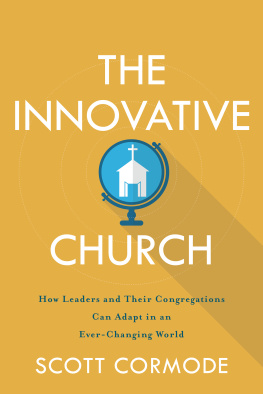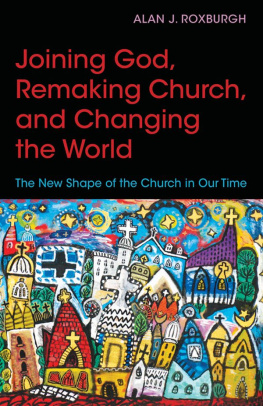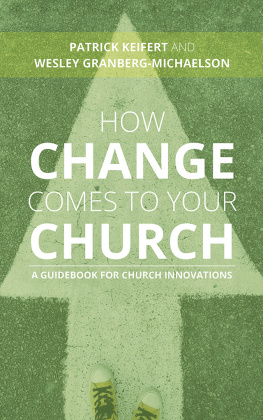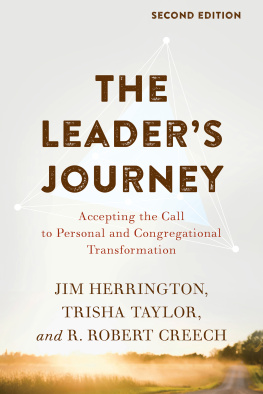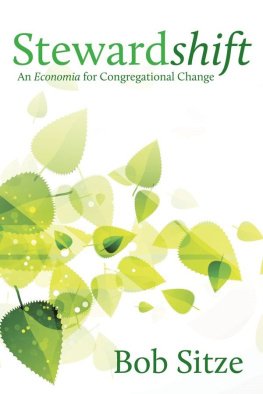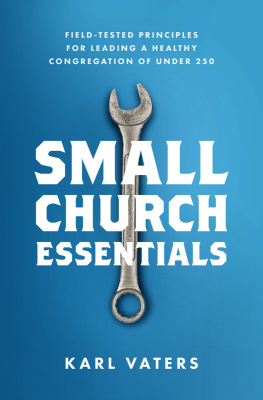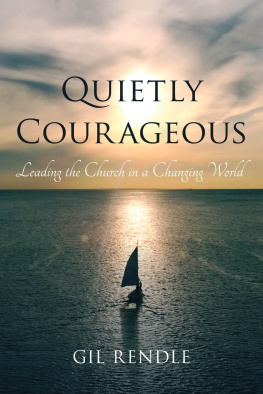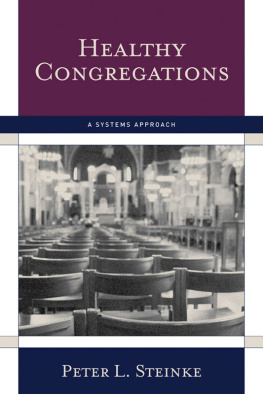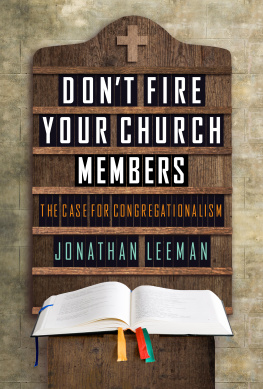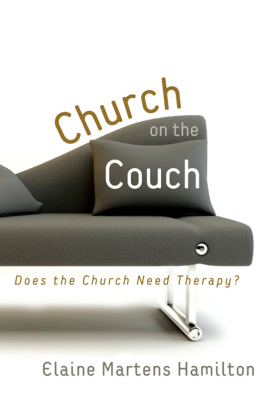1. How the Church Is Calibrated for a World That No Longer Exists
2. The Meaning of Christian Innovation
3. Leadership Begins with Listening
4. Making Spiritual Sense
5. Reinvented Practices as Shared Stories of Hope
6. A Process for Innovation
7. Organizing for Innovation
8. Innovation and Change
9. The Next Faithful Step
10. Recalibrating Church for the Smartphone Generation
Preface
N ot long ago, I had a conversation with an innovation team from a large church in Texas. This was the first follow-up Zoom call after the four of them had traveled to Pasadena for an innovation summit. At the summit, the team learned about how to respond with agility to surprises and how to innovate in the face of social changeeven unexpected social change.
With all that has happened in the last two weeks, one of them said over Zoom, our innovation work now feels like genius. You see, when they left Pasadena on Saturday, March 7, 2020, they expected to return to business as usual. By Tuesday, however, the vast implications of the spread of COVID-19 were beginning to be clear. By Thursday, the church had canceled its weekend services. By Friday, less than a week after the innovation conference, it was announced that we would all be sheltering in place. Of course, as I met with them, each one was hunkered down in their own homes, socially distant from everyone who was not immediate family.
The team reported a massive change of heart in their congregation. When they returned from the innovation summit, the ideas they proposed to the senior leadership seemed uncomfortable because they did not fit the way the congregation liked to do things. A week later, those same senior leaders were clamoring for new ideas. The team quickly decided that the experiments they hoped they could start in a few months would begin that weekend.

This project started as many innovations do, with the realization of a connection between two unrelated conversations. So I began reading the innovation literature with an eye to how it might help us recalibrate the church for life in an ever-changing world. I wrote much of the book manuscript in the winter of 2015, thanks to a sabbatical from Fuller Theological Seminary and a grant from Fullers Max De Pree Center for Leadership (with heartfelt thanks to Mary and Dale Andringa).
The usual process is to publish a book once the manuscript is complete. But I wanted to ensure that these ideas would be useful to the church. So, taking heed of the innovation insight about iterative learning, I spent the next four years road testing and refining the ideas and insights in this book with congregational leaders.
We implemented the ideas through three parallel innovation projectseach one funded by the generosity of the Lilly Endowment and administered with wonderful care through the Fuller Youth Institute. The three projects were Youth Ministry Innovation, Ministry Innovations with Young Adults, and Innovation for Vocation.
Over a hundred congregational teams participated in these three projects. The process for each grant project was the same. We invited congregations from around the country to create teams of three or four. The teams went through online training to teach them the meaning of innovation (chap. 2), transformational listening (chap. 3), and the importance of making spiritual sense of daily life (chap. 4). The teams then joined a collection of teams from other churches in Pasadena for a three-day summit that followed the Christian innovation process (chap. 6), seeking new and creative ways to get young people to participate in reinvented Christian practices (chap. 5).
Each team returned home with a prototype for an innovation project. They then spent ten weeks running an experiment that would implement their prototype. Throughout the process, we provided monthly coaching calls that allowed the leaders to reflect on what they were doing and what they were learning. In 2019, I revised the manuscript to reflect what we learned by working with these hundreds of congregational leaders.
A key insight of the book is that leaders dont have followers but do have people entrusted to their careand leaders need to become who their people need them to be. This book has gone through the same process.
It started as a much more scholarly book, with long sections that carefully explained the development of its ideas. But after working with all those leaders, I have moved much of the scholarly conversation into the notes or The people entrusted to my care are the readers of this book. And the fruit this book bears will be seen in the lives of the people who are entrusted to the care of those readers. As you read this book, do so not just for yourself. Instead, as you read, ask yourself how you might use the insights of the book to serve the people whom God has entrusted to your care.

